Biologics and Their Effect on Oral Health
Comprising a large and fast-growing group of medications with diverse therapeutic targets, monoclonal antibodies (mAbs) have a wide-ranging variety of current and potential therapeutic applications. The first mAb was generated in 1975, and the first mAb muromonab-CD3, a mouse antibody used to prevent kidney transplant rejection, was approved by the United States Food and Drug Administration (FDA) in 1986. Progress in biotechnology allowed for development of partially and then fully human mAbs, which reduce the risk of immune response and permit much wider use. The field of mAbs has progressively grown since its introduction: 2018 had the greatest number of FDA approvals—12—and, by August 2020, five new mAbs were approved, with 17 more under review.

Along with vaccines, blood/blood components, tissues, cells, and other substances of biological origin, mAbs are “biologics” produced by complex biotechnological methods overseen by the FDA.
 mirror-images / iStock / Getty Images Plus
mirror-images / iStock / Getty Images Plus
As the variety, number, and therapeutic indications for mAbs continue to increase, the chance of encountering patients using these biologics (or the growing number of their generic versions, known as biosimilar products) in the dental setting will decrease.
 mirror-images / iStock / Getty Images Plus
mirror-images / iStock / Getty Images Plus
The large size and complex molecular structure of mAbs may inhibit their distribution to the sites of action and, thus, their efficacy.
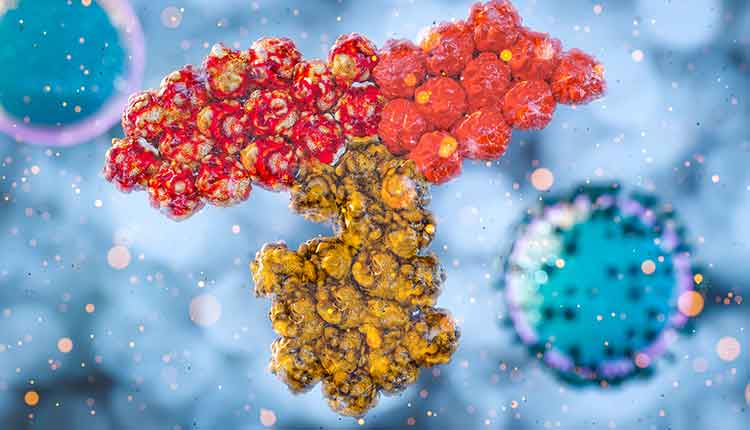 CIPhotos / iStock / Getty Images Plus
CIPhotos / iStock / Getty Images Plus
Some mAbs cause less frequent but concerning complications, such as oral lichenoid drug-induced reactions or eruptions (OLDRs) and medication-related osteonecrosis of the jaw (MRONJ).
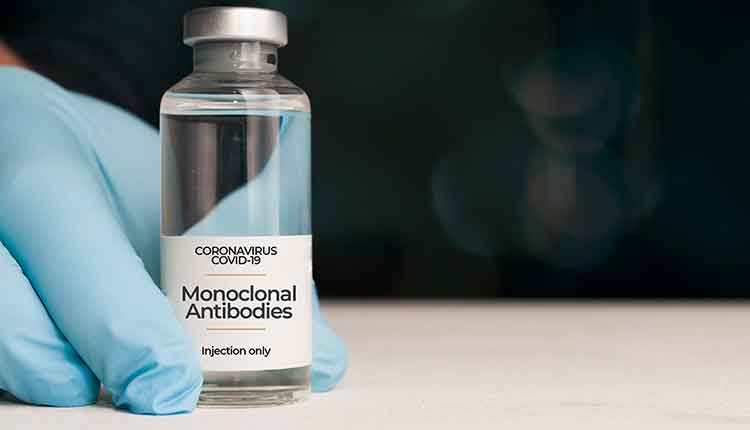 Cristian Storto Fotografia / iStock / Getty Images Plus
Cristian Storto Fotografia / iStock / Getty Images Plus
The clinical presentation of MRONJ related to mAbs is very different from that caused by bisphosphonate use.
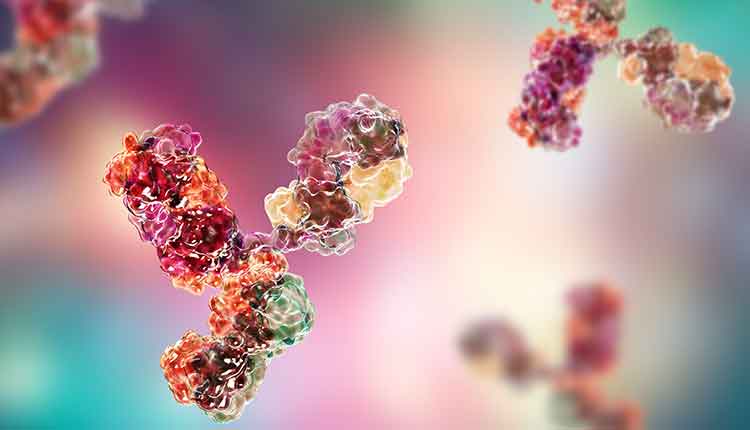 Dr_Microbe / iStock / Getty Images Plus
Dr_Microbe / iStock / Getty Images Plus
As there is no effective treatment for MRONJ, its prevention is key, and patients may be advised to complete dental/periodontal treatments prior to initiation of immunotherapies, or, if possible, to postpone them.
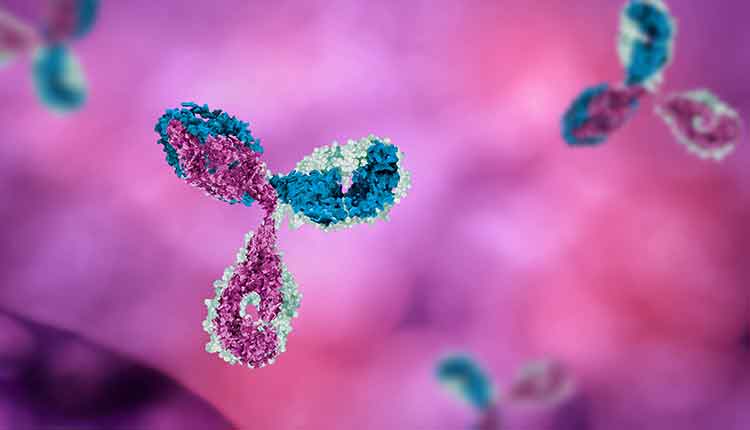 mirror-images / iStock / Getty Images Plus
mirror-images / iStock / Getty Images Plus
Thorough evaluation of the patients’ medication use and, if necessary, consultation with their medical providers will help in diagnosis and management of their oral/perioral complications.
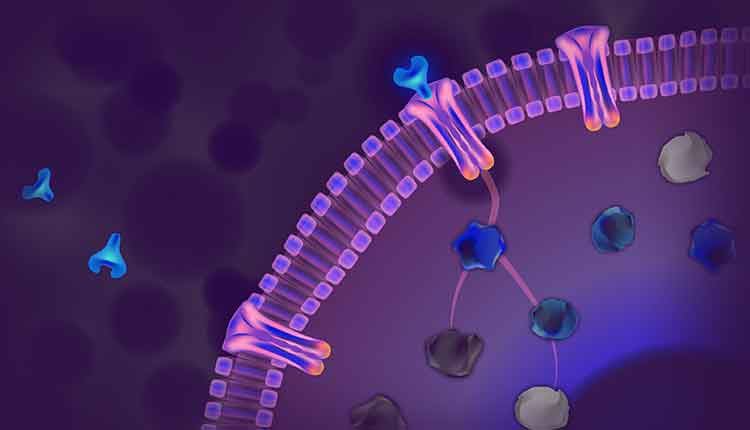 mirror-images / iStock / Getty Images Plus
mirror-images / iStock / Getty Images Plus
Share your Results:

